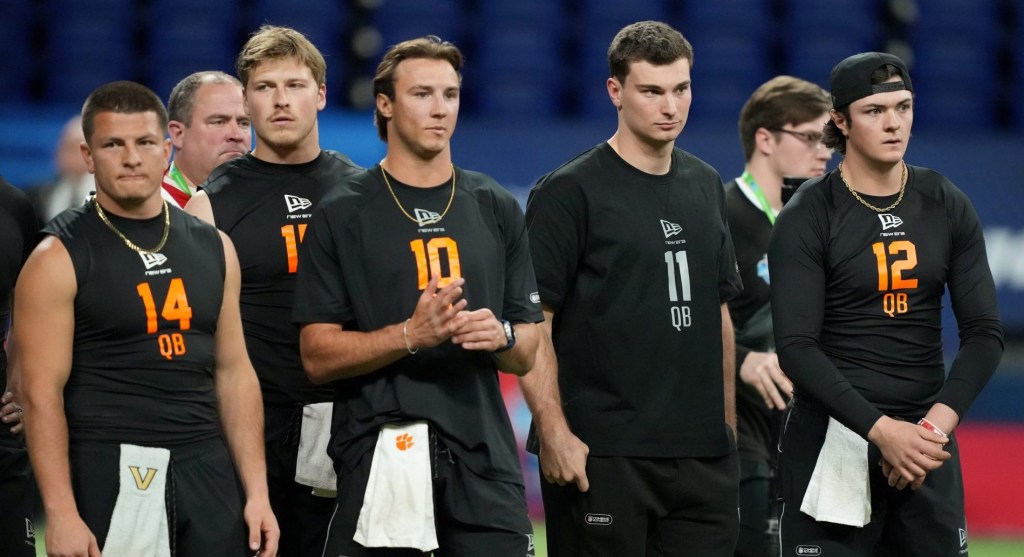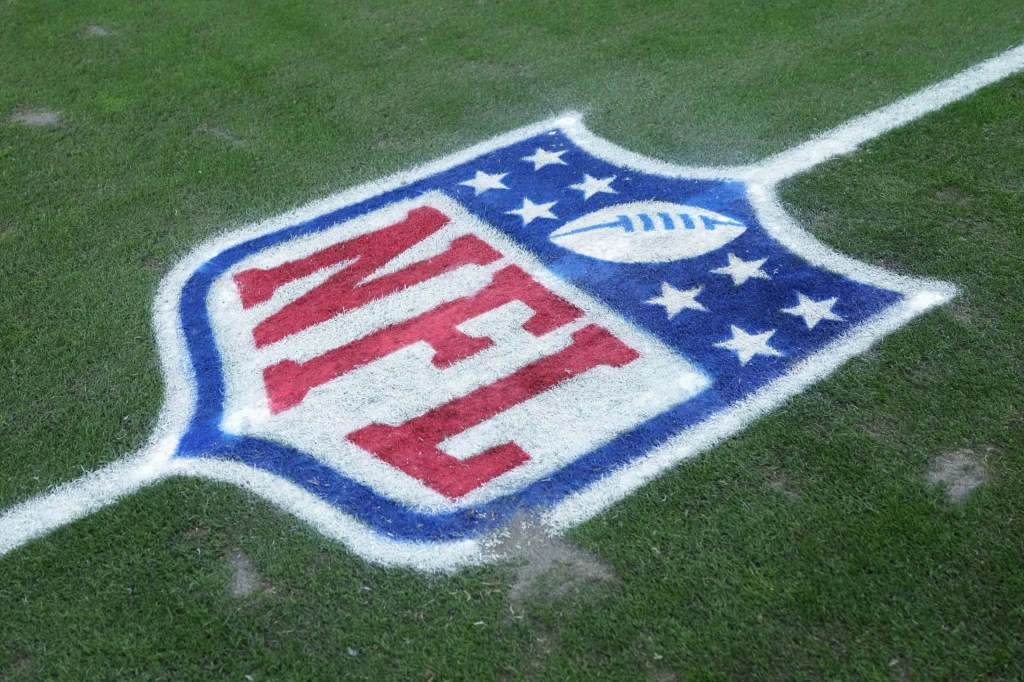The Motor City is set for its latest moment in the sports spotlight, one that showcases a downtown in the midst of significant transformation and an NFL team quickly rising into one of the league’s elite franchises.
Detroit will host the NFL draft between Thursday and Saturday, an event that is estimated to bring more than 300,000 fans, and one marking one of the largest sporting events to ever hit the area.
The local area has previously hosted two Super Bowls, a Final Four, and multiple championship series across all the other major sports leagues. Those prior events, however, largely happened when long-downtrodden Detroit was still in the midst of economic decline, and certainly long before the rebirth of the Lions both on and off the field. This year’s NFL draft arrives as the Lions in 2023 enjoyed their best season in more than three decades, reaching the NFC championship game, selling out their entire home schedule, and reigniting a long-dormant fan base into what is now one of the league’s most fervent bases of support.
As a result, the draft presents a unique opportunity to show off the city to a large national audience and put a further exclamation point on the Lions’ success of 2023.
“[We’re] very excited to see all those people downtown and [to] get the whole world to see Detroit maybe in a different way than what they perceive right now,” Lions president and chief executive Rod Wood said at the NFL’s annual meeting last month in Florida. “It’s going be a great three-day commercial for the city.”
Showing Off the Town
Since Ford Field hosted Super Bowl XL in 2006, downtown Detroit is a very different place. The Great Recession of ’08–09 levied a further blow to an already-challenged city and the automotive industry that drives much of the local economy. But since then, Little Caesars Arena has opened as the new home of the NHL’s Red Wings and NBA’s Pistons. The downtown area—once almost exclusively a locale for increasingly vacant office properties—has seen a 30% bump in the number of residential activity since ’19.
And through a series of upgrades to dozens of commercial properties, an aggressive pursuit of new business activity, and an additional focus on developing additional cultural and entertainment activities in this downtown core, key economic metrics such as local unemployment, per capita income, and median credit score have all reached some of their best levels in years.
Challenges, however, still remain, and the overall city revitalization effort is still very much a work in progress, as seen in part by a Detroit city population of 620,376 that is down by 28% since that last Super Bowl at Ford Field.
The NFL’s draft plan, developed with the aid of the Lions and local officials, is specifically designed to incorporate a series of local landmarks, including Campus Martius Park (site of the draft itself), Hart Plaza (site of the fan experience), and along and near key downtown thoroughfare Woodward Avenue, where additional events will be staged.
“These kinds of events can definitely change the perception of people who have never been here,” Mark Hollis, chief operating officer for Rock Entertainment Group, tells Front Office Sports. Hollis, the former athletic director at Michigan State and now a senior leader at the company led by Cleveland Cavaliers owner Dan Gilbert, was part of the group that helped develop the initial bid for Detroit to host the draft. “We made a specific push to have this event right downtown for that very reason.”
Serious Metrics
Last year’s draft drew an average audience of six million over the event’s three days, including an average of 11.4 million for the first round, and a total unduplicated audience of 54.4 million viewers. Given the NFL’s across-the-board TV audience growth in the regular season and playoffs, there is little reason to believe there will be any meaningful decline in this year’s draft totals, or even any decline at all.
Attendance for the draft, meanwhile, is also likely to be boosted by not only the passion of local fans but also Detroit’s proximity to other NFL markets such as Chicago, Cincinnati, Cleveland, Indianapolis, and Pittsburgh.
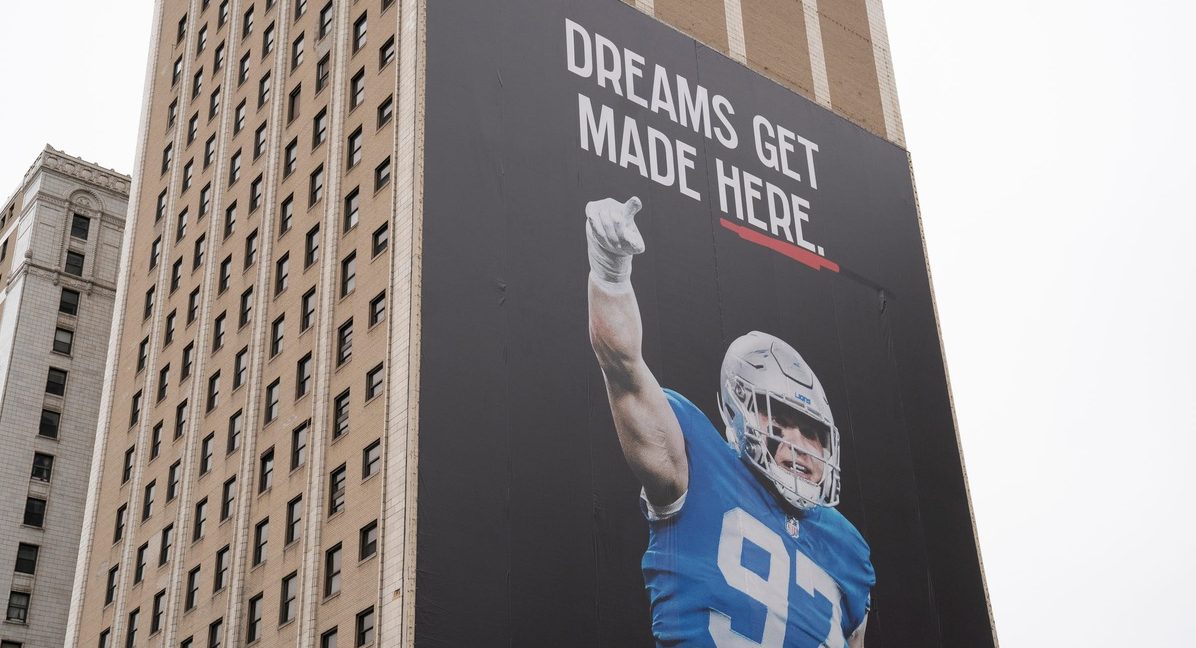


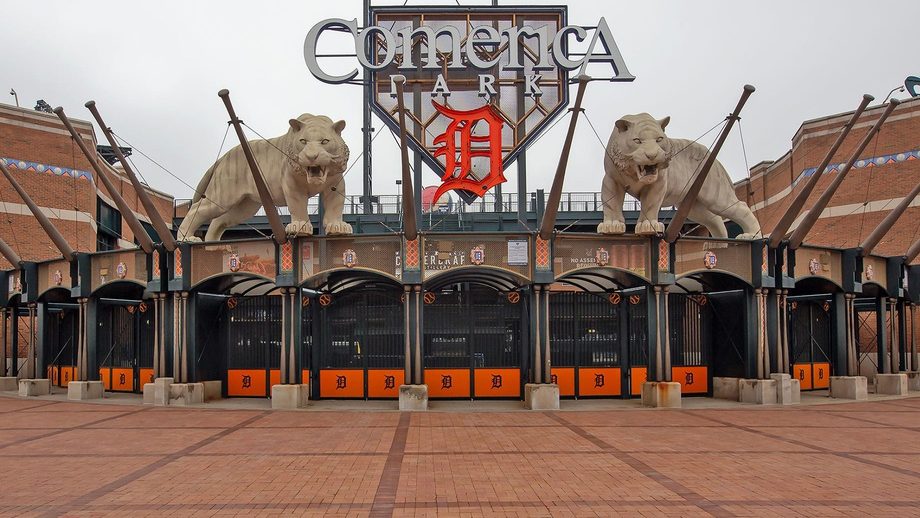
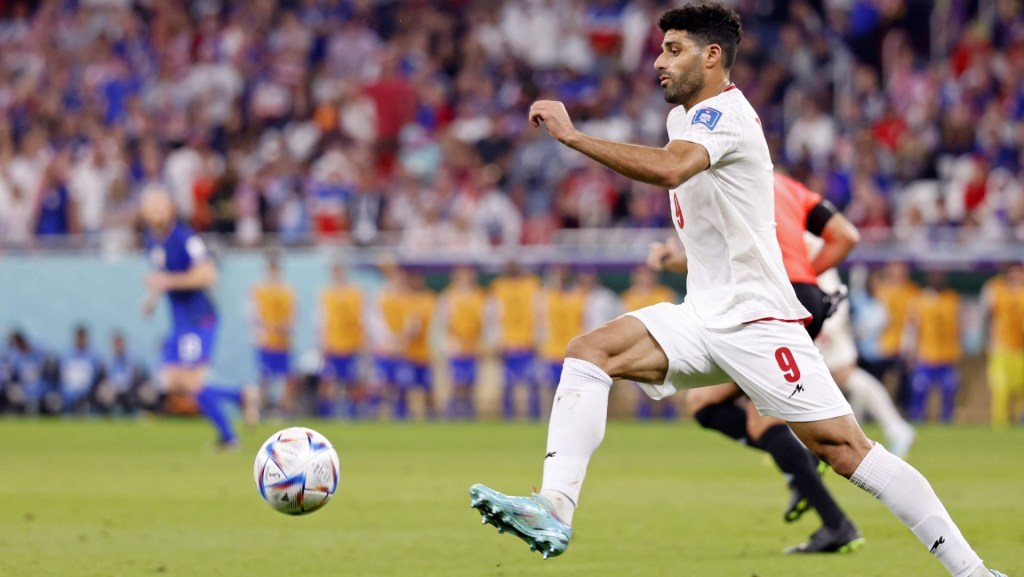


![[Subscription Customers Only] Jun 15, 2025; Seattle, Washington, USA; Botafogo owner John Textor inside the stadium before the match during a group stage match of the 2025 FIFA Club World Cup at Lumen Field.](https://frontofficesports.com/wp-content/uploads/2026/02/USATSI_26465842_168416386_lowres-scaled.jpg?quality=100&w=1024)
![[Subscription Customers Only] Jul 13, 2025; East Rutherford, New Jersey, USA; Chelsea FC midfielder Cole Palmer (10) celebrates winning the final of the 2025 FIFA Club World Cup at MetLife Stadium](https://frontofficesports.com/wp-content/uploads/2026/02/USATSI_26636703-scaled-e1770932227605.jpg?quality=100&w=1024)
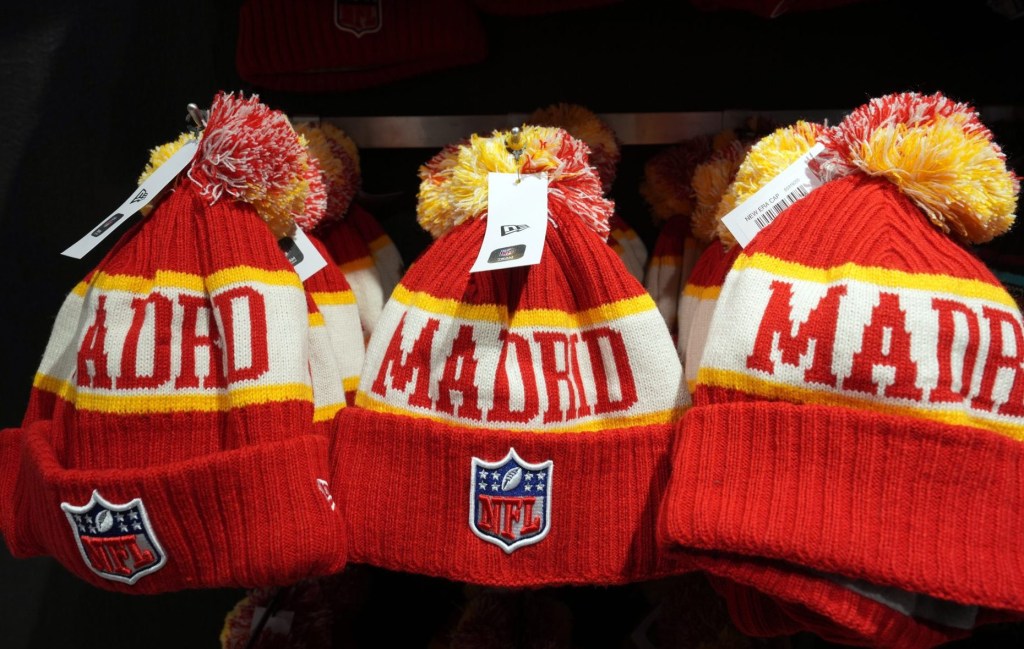

![[US, Mexico & Canada customers only] Feb 6, 2026; Riyadh, SAUDI ARABIA; Jon Rahm in action during the third round of play at LIV Golf Riyadh at the Riyadh Golf Club.](https://frontofficesports.com/wp-content/uploads/2026/03/USATSI_28173562_168416386_lowres-scaled.jpg?quality=100&w=1024)

![[US, Mexico & Canada customers only] Sep 28, 2025; Bethpage, New York, USA; Team USA's Bryson DeChambeau reacts after hitting his approach on the 15th hole during the singles on the final day of competition for the Ryder Cup at Bethpage Black.](https://frontofficesports.com/wp-content/uploads/2026/03/USATSI_27197957_168416386_lowres-scaled.jpg?quality=100&w=1024)

